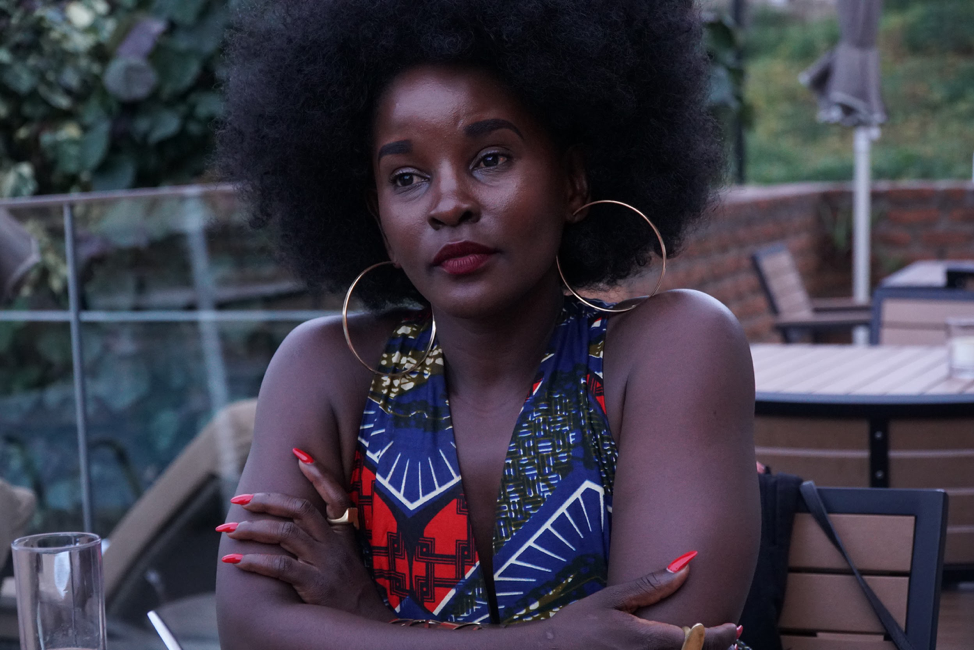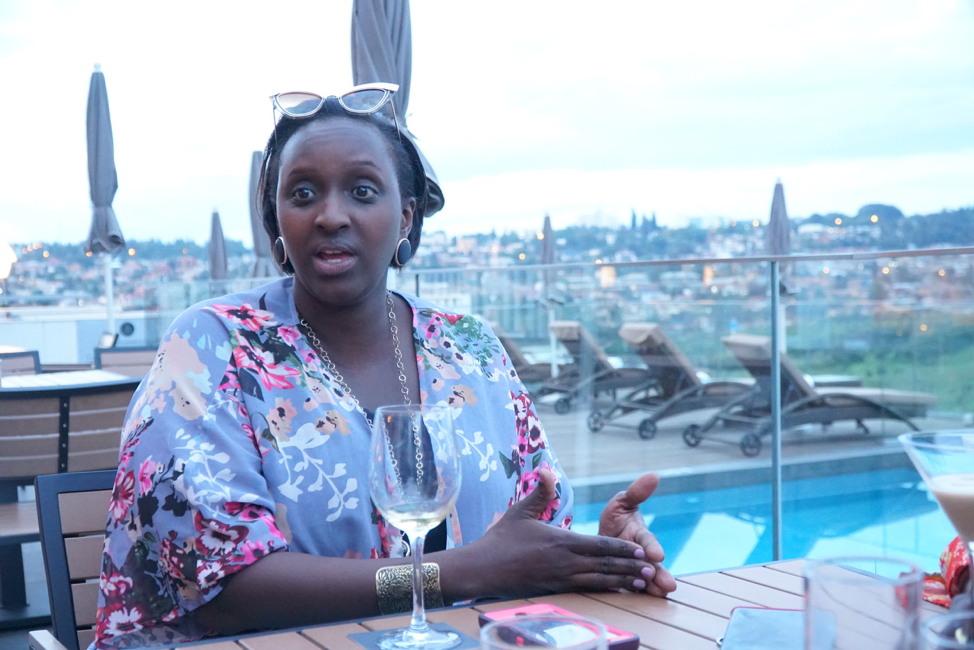Successful African women say they support and empower ‘the sisterhood’

Ugandan comedian Anne Kansiime says African women know their rights and are using their power.
By Bonnie Yu, Brittany Wang and Sophia Sheng
On a sunny May day in Kigali, the capital of Rwanda, Ugandan comedian Anne Kansiime sat in her hotel lobby with two friends relaxing after hosting the pre-auditions for East Africa’s Got Talent, a spin-off of the popular British talent show and a first for East Africa.
Ms Kansiime, who has been dubbed Africa’s Queen of Comedy, hosts TV shows, runs a charity and owns a hotel and bar. She is also one of only a handful of African women in the comedy business.
Both Rwanda and neighbouring Uganda rank near the bottom of the United Nations Gender Inequality Index, 158 and 162 respectively out of 189 countries. The index looks at achievements in reproductive health, empowerment and economic status.
“If women are suffering, it is not because of our ignorance, it is the process. And we are now aware of our rights. We are aware of the power and advantages we have,” said Ms Kansiime.
Ms Kansiime pointed to her friend at the table, Nana Kagga, as a source of inspiration. Ms Kagga, also from Uganda, is a petroleum engineer, Hollywood actress, scriptwriter, producer and business owner.
“We are the mother of Africa. We have held the land for so long without recognition,” said Ms Kagga. “Unfortunately, recognition for African women has come late”.
In Rwanda, more than half of the labor force is female, one of the highest percentages in the world, according to the World Bank, and Uganda is not far behind.
But as the primary work in many sub-Saharan countries is in agriculture, instead of lifting the social and financial status of women, they have instead become the major laborers.
Rwanda leads the world in the number of women in parliament, with more than 60% of seats held by women. But the UN estimates a third of Rwandan women will suffer from physical or sexual abuse in their lifetime, despite government campaigns and laws.

Source: Police statistics reported by the regional newspaper The Independent
The third women at the table, Carol Rugege, said she divorced after suffering from emotional abuse and mental health damage in her marriage. Ms Rugege, 36, a makeup artist and public relations practice from Rwanda, is a single mother.
“In order for the campaign to be successful, there should be a change in the mindset,” Ms Rugege said.
“We, as African women, are actually empowering each other now, ” said Ms Kagga. “We are being given platforms where we speak to each other, we tell each other the stories, then we take away what we can.”
“We are motivating each other and making us better,” said Ms Rugege. “That’s the power of the sisterhood.”

“We, as African women, are actually empowering each other now, ” said Nana Kagga, a Ugandan engineer, actress, scriptwriter, producer and business owner.

“We are motivating each other and making us better,” said Carol Rugege, who works as a makeup artist and public relations practicioner. “That’s the power of the sisterhood.”